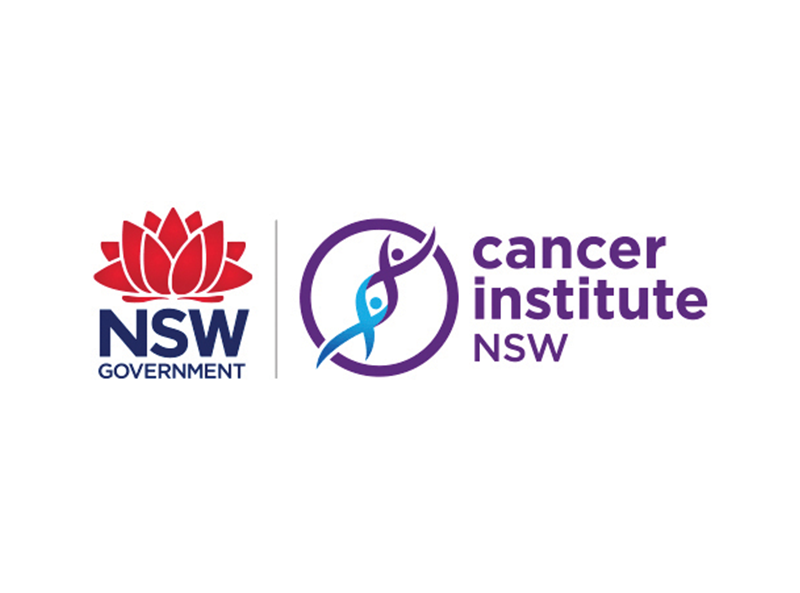CLIENT
Cancer Institute NSW
PROJECT
Improving the quality of cancer care and services for cancer patients from multicultural communities.
DATE
2016

Cancer Institute NSW
Improving the quality of cancer care and services for cancer patients from multicultural communities.
DATE
2016
CIRCA was commissioned to conduct qualitative research with people from three culturally and linguistically diverse (CALD) background communities (Arabic-speaking, Chinese and Vietnamese) who had undergone cancer treatment and carers/support people to provide information to inform opportunities for improving the quality of cancer care and services for CALD cancer patients.
Prior to any research being conducted, ethical approval was sought and granted. In total, 41 patients living with cancer and 8 carers/support people participated in a semi-structured consultation. The majority of participants were either currently undergoing treatment or had undergone treatment in the past 12 months. To ensure the research was conducted in an ethical and culturally appropriate manner, all consultations were conducted by bilingual researchers in participants’ language (if preferred), which was crucial to the successful implementation of the research. The bilingual research team, which was made of a Chinese, Vietnamese, and Arabic-speaking researcher, were accustomed to conducting exploratory research within their communities, often in sensitive and complex subject areas. Two of the bilingual researchers were registered psychologists, and the other a trained and experienced family counsellor within their community. The researchers were also well connected with CALD community members and organisations, and these networks were essential in recruiting participants.
The outcome
Cancer Institute NSW was provided with a comprehensive report detailing the strengths and opportunities for improving cancer care for patients from CALD backgrounds. To ensure the research was fed back to the community, CIRCA developed a short community report demonstrating the key findings of the research. The report was translated in Arabic, Vietnamese and Chinese, and distributed to the respective communities through our bilingual researchers.